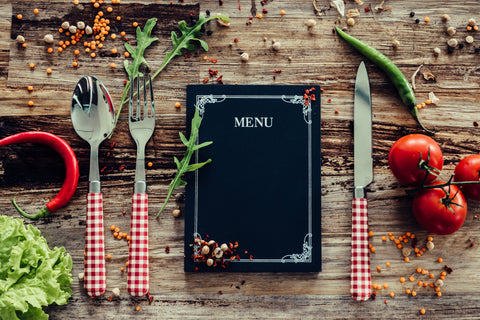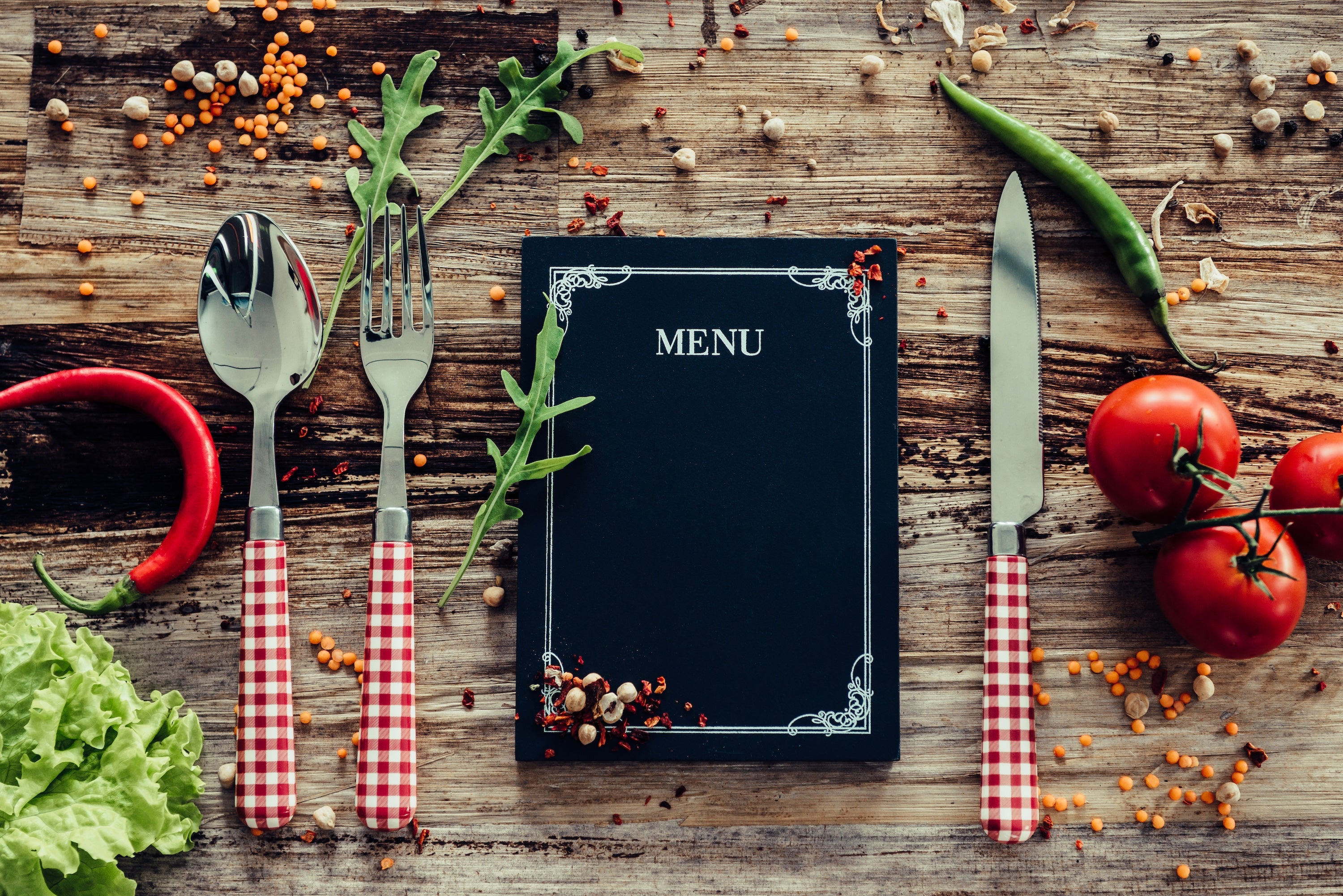
Embarking on an evaluation of a restaurant menu from a graphic design perspective involves a multifaceted approach, focusing not only on the aesthetics but also on functionality, brand consistency, and customer experience.
Below is a detailed checklist for evaluating your own menu design.
1. Clarity and Readability
- Font Choices: Ensure fonts are legible at various sizes and that the hierarchy (titles, subtitles, body) is clear.
- Color Contrast: Check for sufficient contrast between text and background colors for easy reading.
- Spacing: Look for adequate spacing between lines, items, and sections to prevent overcrowding.
2. Visual Hierarchy
- Layout: Assess the layout for logical flow and prioritization of menu items.
- Highlighting Specials: Identify how specials or recommended dishes are distinguished.
- Category Distinction: Evaluate how different sections (appetizers, entrees, desserts) are visually separated.
3. Brand Consistency
- Design Elements: Examine the use of logos, colors, and typography for alignment with the restaurant's brand identity.
- Imagery: Consider the style and quality of any photographs or illustrations. They should match the brand's tone and quality standards.
4. Cultural and Contextual Appropriateness
- Cultural Sensitivity: Ensure imagery and language are appropriate for the restaurant's cultural context.
- Menu Offerings: Look at how well the design reflects the type of cuisine and dining experience (fine dining, casual, fast food).
5. Practicality and Functionality
- Material and Durability: For physical menus, assess the material's durability, especially in high-use or outdoor settings.
- Size and Folding: Evaluate the menu's physical size and whether it's practical for table use. Consider ease of handling and storage.
- QR Codes/Digital Access: For tech integration, check the ease of accessing digital menus, if applicable.
6. Sustainability
- Eco-Friendly Materials: For physical menus, consider if sustainable, recyclable, or something like TerraSlate Menus are used.
7. Legal and Accessibility Considerations
- Allergen Information: Look for clear labeling of potential allergens or dietary symbols (vegetarian, gluten-free, etc.) if applicable/needed
8. Innovation and Creativity
- Unique Design Elements: Identify any creative elements or innovative approaches that set the menu apart.
- Thematic Consistency: Evaluate how well the menu design complements the restaurant's theme or concept.
This checklist aims to provide a comprehensive framework for evaluating a restaurant menu from a graphic design standpoint, ensuring not only aesthetic appeal but also functionality, brand alignment, and customer satisfaction. It balances a meticulous attention to detail with a broad overview of design principles, embodying a fusion of maturity, expertise, and a touch of whimsy, much like the harmonious blend of flavors in a well-crafted dish.
Want help evaluating your menu by our team of professional menu makers? Send an email to design@terraslate.com.






